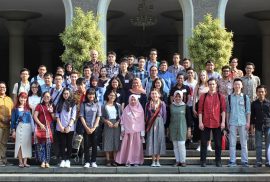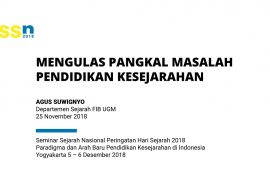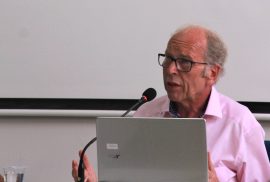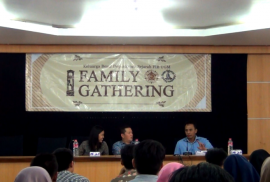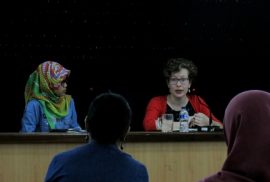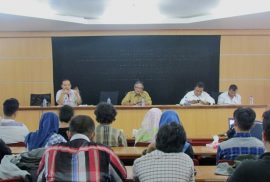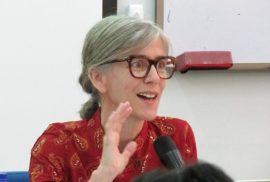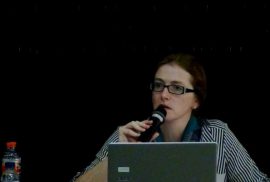__________
Course Description
The Department of History, Universitas Gadjah Mada in Yogyakarta plan to continue holding its second year summer school on transnationalism in Southeast Asia following on the successful summer school on transnationalism held at the Faculty of Cultural Sciences, Universitas Gadjah Mada in 2018 with the title “Transnational History: Becoming a Cosmopolitan Historian.” The theme of the second summer school is a broadening of the application of transnationalism in looking not just at historical phenomenon, but present day economic, social, religious, cultural and political phenomenon in the city of Yogyakarta that is rooted in transnational forces and flows. By looking at how transnational flows create emergent potentialities that disrupt regulatory, moral and cultural spaces tethered on notions of fixed spaces and boundaries, the disruptive forces of transnationalism have resulted in categorizing certain people, things, practices and ideas as illegal, illicit, immoral and other pejorative notions; for instances illegal immigrants, drugs or ‘western-customs’. At the same time, other people, things, practices and ideas are considered as legal, legitimate and good. The movement of these groups from one society or country to another has resulted in placing these groups on either side of the legal, licit and moral framework resulting in contestations and reformulation of the framework themselves. These interplay between legal and illegal and moral and immoral thus represent a way in which societies ‘move forward’, by contesting the boundaries and framework of what are considered as good, bad or neutral.

